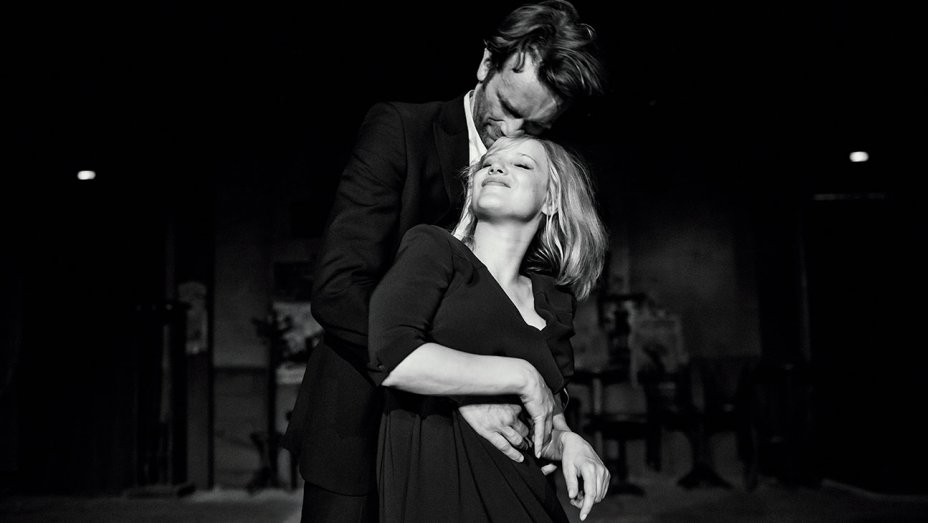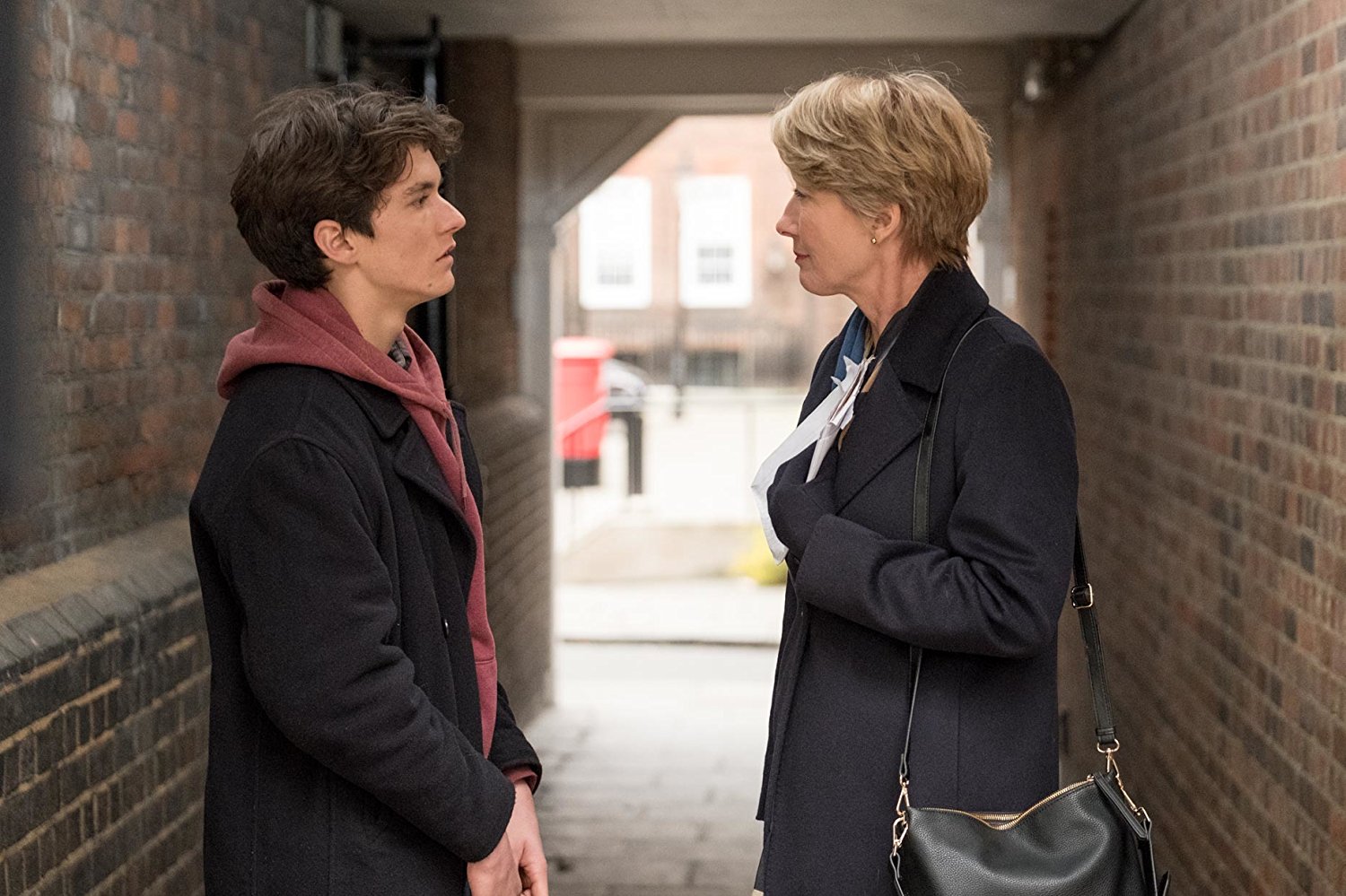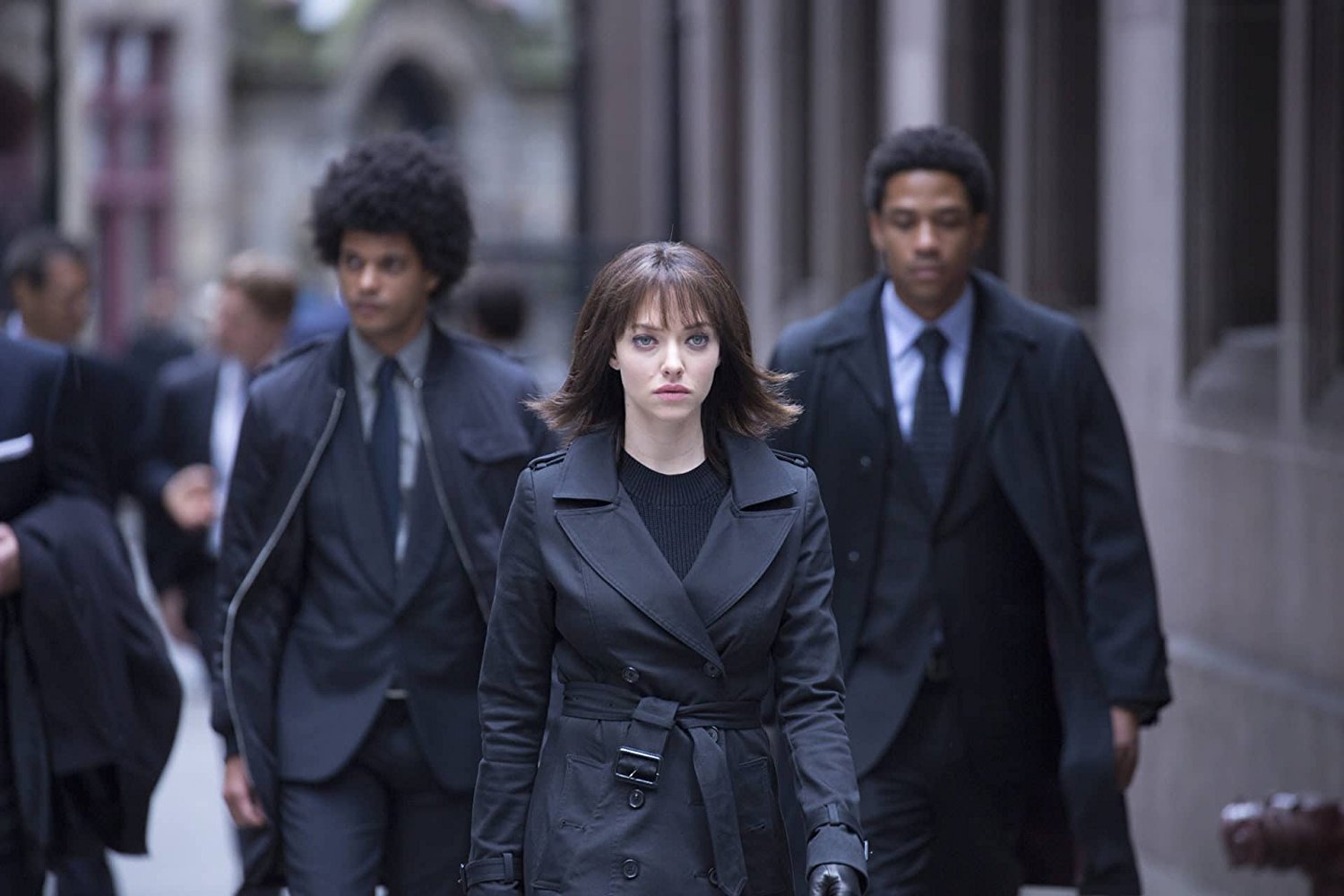Reviewed by Zoe Margolis Paweł Pawlikowski’s Cold War is a story of two people whose paths cross and their hearts become entangled forevermore. At its core, it’s an epic romance, but also a social commentary of post-war communist politics, sumptuously shot in exquisite black and white cinematography (Łukasz Żal).
Read MoreFilm Review: The Children Act
Adapted by Ian McEwan from his acclaimed novel, based on the 1989 UK law of the same name, The Children Act asks the question: should the laws of a society, or the rules of a religion, take precedence? Set in London, around its central law courts, Emma Thompson plays Justice Fiona Maye, a High Court Judge who works on some of the most morally challenging cases, with literal life and…
Read MoreFilm Review: Sicilian Ghost Story
Reviewed by Zoe Margolis Based on the true story of Giuseppe Di Matteo, the teenage boy who was kidnapped by the Sicilian Mafia in the 1990s, and held captive for two years to prevent his father, another Mafia figure, from testifying against them in court, Sicilian Ghost Story wraps this real-life event into a fictional fantasy involving a teenage girl who is intent on finding the missing boy.
Read MoreFilm Review: ANON
Reviewed by Zoe Margolis Shot in a monochromatic, desaturated style, ANON offers a dulled vision of a near-future where no one has any secrets, or privacy. Unlike now, where people voluntarily upload personal information to social media platforms (or involuntarily, as is the case with Cambridge Analytica’s exploitation of Facebook content), citizens of this society appear to have no choice as to how their data is accessed. Instead of mobile…
Read More


